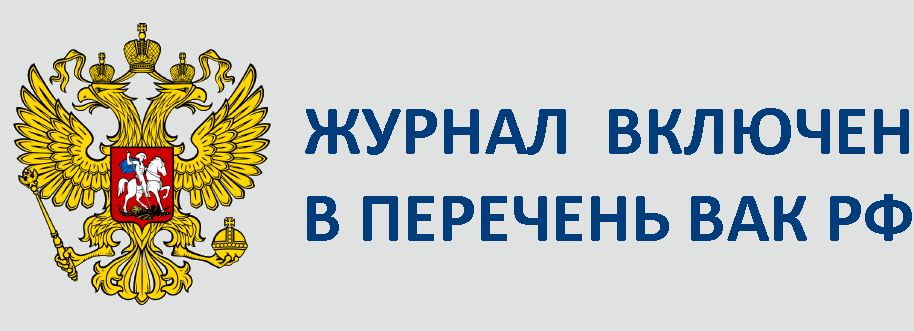№4-2024-01
УДК 94 (47) «1918»:327
DOI:10.22281/2413-9912-2024-08-04-07-13
Ватлин А.Ю.
СОВЕТСКО-ГЕРМАНСКИЕ ПЕРЕГОВОРЫ О СУДЬБЕ ВЕРНУВШИХСЯ
В СЕВАСТОПОЛЬ КОРАБЛЕЙ ЧЕРНОМОРСКОГО ФЛОТА В 1918 Г.
В трагедии Черноморского флота России, затопленного под Новороссийском ввиду угрозы захвата Германией, малоизвестной страницей остается возвращение нескольких кораблей в оккупированный немцами Севастополь. Дальнейшая судьба и самих судов, и их команд, в том числе возможное участие в боевых действиях на стороне Центральных держав, решалась в ходе переговоров между Москвой и Берлином вплоть до октября 1918 г., являясь составной частью послебрестского этапа советско-германских отношений. Ключевую роль в переговорах играло полпредство РСФСР в Берлине, начавшее свою работу после подписания Брестского договора. Возглавлявший его А.А.Иоффе прибыл в Германию в конце апреля и сразу же приступил к урегулированию конфликта, связанного с оккупацией Крыма и увода кораблей Черноморского флота из Севастополя. Их судьбе уделялось особое внимание в Добавочном договоре между Россией и Германией, где предусматривалась возможность их использования против флота Антанты в Черном море. Сворачивание боевых действий на суше и подписание Компьенского перемирия поставили точку в судьбе кораблей, вернувшихся в Севастополь. Они были переданы Антантой белым армиям, контролировавшим Юг бывшей Российской империи.
Ключевые слова: Советско-германские отношения 1918 г., Черноморский флот, Г. Чичерин, А. Иоффе, брестская система международных отношений, Севастополь, Советская Россия, Германская империя.
Vatlin A.Yu.
SOVIET-GERMAN NEGOTIATIONS ABOUT THE FATE OF THE BLACK SEA FLEET SHIPS THAT RETURNED TO SEVASTOPOL IN 1918
In the tragedy of the Russian Black Sea Fleet drowned near Novorossiysk due to the threat of capture by Germany, the return of several ships to German-occupied Sevastopol remains the little-known page of history. The further fate of the ships themselves, with their crews including their possible participation in the military operations on the side of Central Powers was being resolved during the negotiations between Moscow and Berlin right up to October 1918 as it was one of the components of the Soviet — German relations after Brest-Litovsk Peace Treaty.The Soviet Russia Plenipotentiary mission in Berlin, which began its work after the signing of the Brest Treaty, played a key role in the negotiations. A.A. Ioffe, who headed it, arrived in Germany at the end of April and immediately began to resolve the conflict related to the occupation of Crimea and the withdrawal of ships of the Black Sea Fleet from Sevastopol. Their fate was given special attention in the Extension Treaty between Russia and Germany, which provided for the possibility of their use against the Triple Entente fleet in the Black Sea. The curtailment of military operations on land and the signing of the Armistice of 11 November 1918 put an end to the fate of the ships that returned to Sevastopol. They were transferred by the Triple Entente to the white armies that controlled the South of the former Russian Empire.
Keywords: Soviet-German relations in 1918, Black Sea Fleet, G. Chicherin, A. Ioffe, Brest system of relations, Sevastopol, Soviet Russia, German Empire
МГУ им. М.В. Ломоносова (Россия)
Lomonosov Moscow State University (Russia)
Download (pdf)
Это произведение доступно по лицензии Creative Commons «Attribution-ShareAlike» («Атрибуция — На тех же условиях») 4.0 Всемирна






